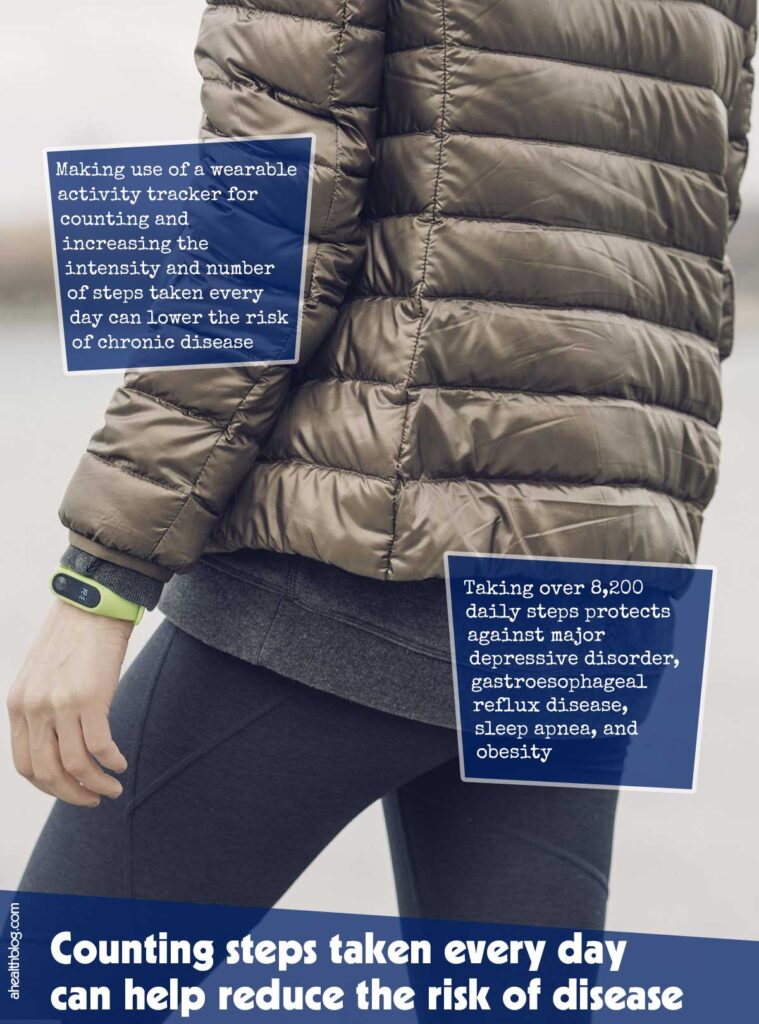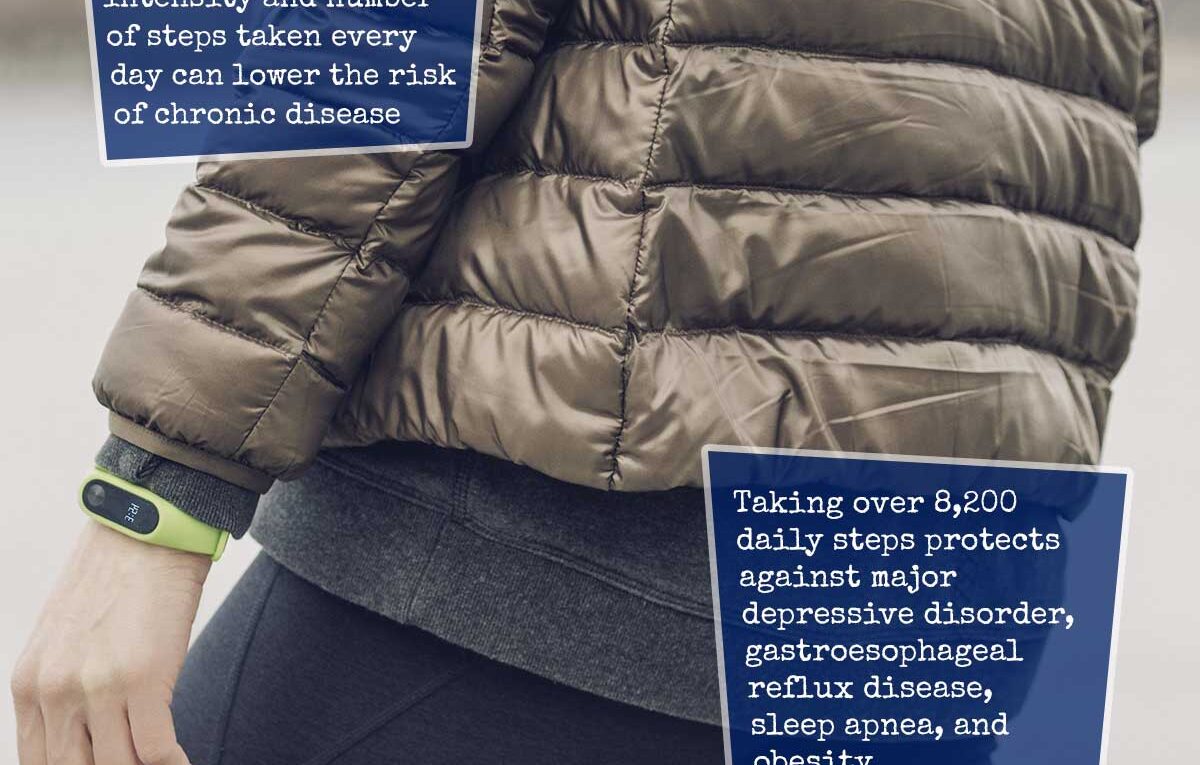The Health Benefits of Daily Step Counting for Reducing Disease Risk
Utilizing a wearable activity tracker to track and increase daily steps taken may lower the risk of various chronic diseases, including sleep apnea, obesity, diabetes and hypertension.
Integrating health monitor and commercially available wearable activity tracker data into an electronic health record (EHR) could prove invaluable to medical professionals, who could utilize it to tailor physical activity programs according to risk profiles and clinical characteristics of their patients.
Over 6,000 individuals provided access to their Electronic Health Records and used Fitbit activity trackers at least 10 hours each day for four years of health data and activity analysis.
Researchers conducted a comparative analysis between disease occurrences across the full human phenome, or set of conditions and traits, in general population with those wearing Fitbits who participated in this study.
An increase of at least 8,200 steps daily (roughly four miles) protects against major depressive disorder, gastroesophageal reflux disease (GERD), sleep apnea and obesity risk factors. According to studies, taking an additional 1,000 steps each day reduces obesity risk for overweight individuals by 64%. The data show this by showing the increase from 6000 steps daily up to 11,000.
As individuals stepped more, risk for many conditions decreased; exceptions included diabetes and hypertension which didn’t diminish further after individuals reached approximately 8,000 to 9,000 daily steps.
Individuals between 41 and 67 years old with body mass indices between healthy weight (24.3) and obese weight (32.9). Eighty four percent were white, seventy three percent female, and 71% of them held at least some degree from college.
Fitbit wearers tend to be more active than average individuals; yet researchers discovered strong step and disease associations even among this active sample, suggesting even stronger correlations could exist in a less-than-active sample.
Researchers believe these results provide an essential first step toward creating personalized activity prescriptions. Wearable technology such as fitness trackers can encourage exercise by setting, measuring and tracking fitness goals.

